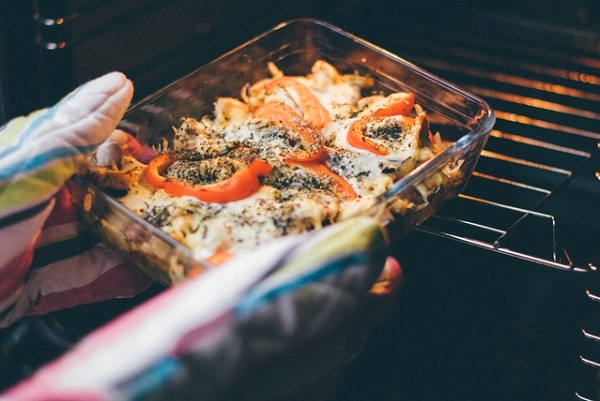
0800 377 7507
Get in touchThe do’s and don’ts of freezing food
Are you trying to get organised by freezing food ahead of time, but not sure what you can or can’t freeze? There are some golden rules for freezing food and the house cleaning professionals at MOLLY MAID suggest that you are extra vigilant following these rules ahead of Christmas:
Don’t:
- Refreeze raw food: Freezing doesn’t kill yeasts and bacteria. It slows them down dramatically but it is only by cooking them that they will die. Once food is defrosted, they will multiply again making the food unsafe to eat.
- Freeze yoghurts, cream cheese & cream: They will go rubbery if frozen.
- Freeze high water content vegetables: Foods such as celery and lettuce for example do not freeze well as they turn limp when the water expands.
- Freeze jam: The pectin in the jam breaks down at freezing point and the sugars tend to crystallise.
- Freeze mayonnaise: As with some dairy products, mayonnaise tends to split and curdle when frozen.
Do
- Refreeze cooked food: By cooking the food, you have killed the bacteria bringing the food back to safe levels.
- Cool food before freezing: The problem with putting hot food in the freezer is that it can increase the internal freezer temperature for a while and possibly start to defrost the already frozen food making the food in the freezer potentially unsafe to eat. It makes more sense to cool the food first, before freezing it.
- Freeze as fresh as possible: Freezing is a great food preservation technique, but it’s best to freeze food at its freshest so that it will be at its best once defrosted.
- Choose appropriate packaging / containers: In order to prevent ‘freezer burn’ and the food in your freezer losing moisture due to the air being so dry ensure that you use bags that are designed for freezer use. Or better yet, invest in some pyrex containers that can go from freezer to oven.
- Water expands: Water, and therefore food, expands when it freezes so it’s important to make allowances for this and avoid messy explosions.
- Smaller portions: Smaller volumes will freeze and defrost more quickly and save surplus food going to waste. Smaller servings are particularly useful if feeding children, or you are in need of a quick supper.
- Cheese, butter and milk will freeze well for shorted periods of time (a month).
- Bread, soups, stew, stocks, cooked rice, meat and fish freeze well, but allow for moisture loss upon thawing.
- Fruit: A variety of berries freeze well if bagged correctly? Did you know that peeled bananas work well too?
- Pastry: Next time you bake, think about making a surplus and then you can save for next time.
- Herbs: Although they will loose their ‘fresh’ appearance, the flavour will still be the same and so useful when it comes to stews.
Good luck and start preparing those warming stews for guests coming at Christmas.
